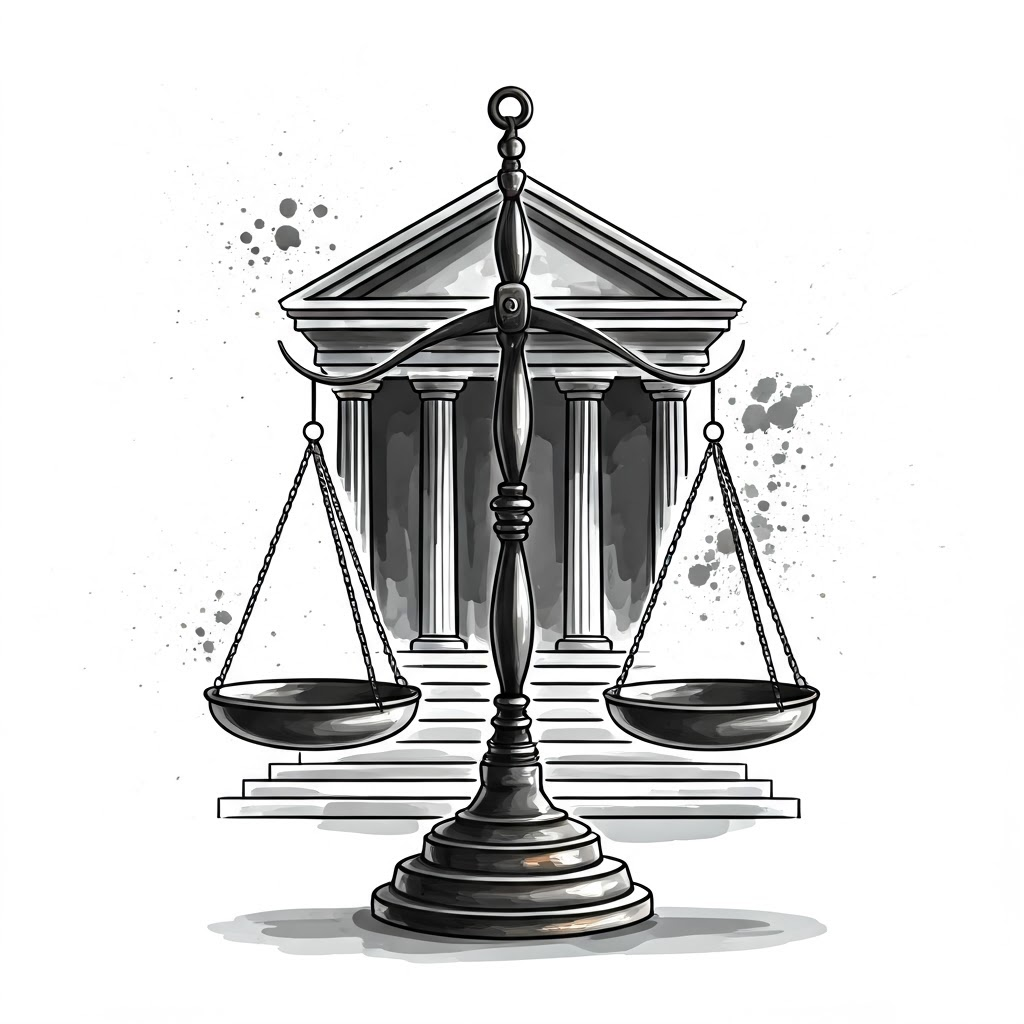In a dramatic turn of events, Syrian rebels have freed thousands of political prisoners from President Bashar al-Assad’s infamous prisons. The освобождение came during a swift rebel advance across the country, culminating in the fall of the Assad regime. The streets of Damascus, once filled with fear, now echo with the joyous cries of those who have tasted freedom after years of brutal captivity. This article explores the stories of those freed and the implications of this momentous event.
- Thousands of prisoners released from Assad’s notorious dungeons.
- Celebrations erupt in the streets of Damascus as Syrians mark the end of Assad’s rule.
- Emotional reunions between families and loved ones who disappeared during the conflict.
- The fall of the Assad regime and its implications for the future of Syria.
Assad’s Prisons: Dungeons of Despair
For years, Assad’s prisons have been shrouded in a veil of secrecy, notorious for their inhumane conditions. Torture, starvation, and extrajudicial killings were reportedly commonplace. Organizations like Amnesty International have documented countless cases of human rights abuses within these facilities. The Saydnaya military prison, dubbed the “human slaughterhouse,” stands as a chilling testament to the regime’s cruelty.
A Dawn of Freedom
As rebel forces swept through Syria, they made it a priority to liberate these prisons. The scenes that followed were nothing short of euphoric. Prisoners, some barely clothed and emaciated, streamed out of the dungeons, blinking in the unaccustomed sunlight. Videos circulating on social media captured the raw emotion of these moments, as former detainees embraced their liberators and celebrated their newfound freedom.
Reunions and Reflections
The prison releases have led to countless emotional reunions between families and loved ones who had vanished into the regime’s prisons. The joy of these reunions is tempered by the grim reality of what these individuals endured. Many bear the physical and psychological scars of torture and prolonged captivity. Their stories serve as a stark reminder of the brutality of the Assad regime.
The Road Ahead
The fall of Assad and the release of his prisoners mark a turning point in Syria’s history. However, the road to recovery will be long and arduous. The country faces immense challenges, including rebuilding its shattered infrastructure and fostering reconciliation among its deeply divided population. The international community must play a crucial role in supporting Syria’s transition to a more democratic and just future. This includes providing humanitarian aid, promoting accountability for past human rights violations, and investing in long-term development projects. The Syrian people have endured unimaginable suffering, but their resilience and determination offer a glimmer of hope for a brighter future.
Accounts of Freedom
Bashar Barhoum, a 63-year-old writer, was awaiting execution when the rebels stormed his Damascus prison. He described the disbelief and joy of seeing his captors replaced by liberators. “I haven’t seen the sun until today,” he exclaimed. His story, like those of so many others, underscores the transformative impact of these prison releases. Omar Alshogre, a former detainee and human rights advocate, watched the events unfold from afar, filled with a mix of awe and relief. “A hundred democracies in the world had done nothing to help them, and now a few military groups came down and broke open prison after prison,” he remarked. His words highlight the failure of the international community to effectively address the human rights crisis in Syria.
Searching for Answers
While many celebrated, families of the missing continued their agonizing search for loved ones. They gathered outside prisons, clinging to hope that their relatives would emerge from the darkness. Their stories reflect the ongoing struggle for truth and justice in Syria. Bassam Masri, whose son has been imprisoned for 13 years, expressed the sentiments of many when he said, “This happiness will not be completed until I can see my son out of prison and know where he is.”
The Challenge of Control
Amidst the jubilation and chaos, rebel forces struggled to maintain order as crowds gathered outside prisons and government buildings. The challenge of securing these facilities and preventing further violence underscores the complexity of the situation on the ground.





